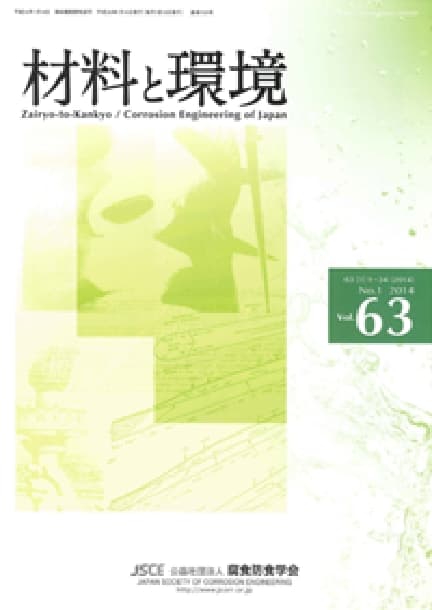Maintenance for the Long-Spanned Bridges of the Honsyu-Shikoku Linking Project
Satoshi Okano
pp. 677-683
Abstract
The long-spanned bridges of the Honshu-Shikoku Linking Project have been constructed above the sea, so they have been exposed to severe natural conditions like saline corrosion environment. Basically, inorganic zinc-enriched paint has been utilized as the first layer of the paint system for steel plate structure, in spite of its surface layer of changing from chloroplane rubber paint and polyurethane paint to fluoropolimer paint.
The first step of maintenance work of long spanned bridges is to check health diagnosis of the structure. In order to look closely and touch by fingers, some footways and inspection cars are prepared for the bridge girders. As for paint maintenance, local damage of point stain, layer separation and so on should be repaired as soon as possible. And paint inspection sections for each bridge are marked off to plan paint repairing as a whole bridge.
Dry air injection system, as well as wire galvanization, has been adopted against corrosion of cables of Honshu-Shikoku suspension bridges. Some other developed maintenance facilities are also introduced.










